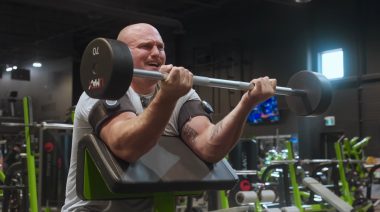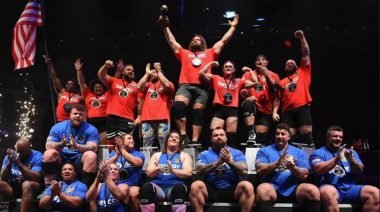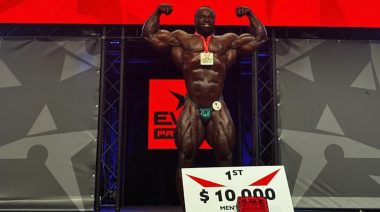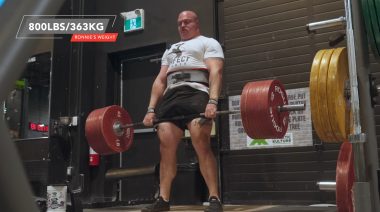43-year-old Laurel Hubbard will be the first transgender competitor at an Olympics this summer in Tokyo. The New Zealander will get to compete in the superheavyweight category in weightlifting despite the storm of controversy that preceded her getting this opportunity.
43-year-old Laurel Hubbard will be the first transgender competitor at an Olympics this summer in Tokyo. The New Zealander will get to compete in the superheavyweight category in weightlifting despite the storm of controversy that preceded her getting this opportunity.
While there were various groups, and fellow competitors, who had criticized Hubbard’s inclusion, the International Olympic Committee (IOC) and fellow competitors like Team GB’s Emily Campbell, have shown their support and pointed out that Hubbard has abided by the rules in place and competed fairly. Hubbard transitioned in 2013 but had competed in men’s events prior.
It is unlikely that the inclusion of transgender athletes in competition will not require further assessment. Gender runs across a spectrum and the traditional notions of physiology and chromosomes are inadequate the more we come to understand the implications.
And equally, the resistance to the inclusion of transgender athletes, the perception of unfairness, and the cultural backlash is unlikely to go away either. We have two categories of competition, male and female, and a whole of uncertainty ahead of us.






